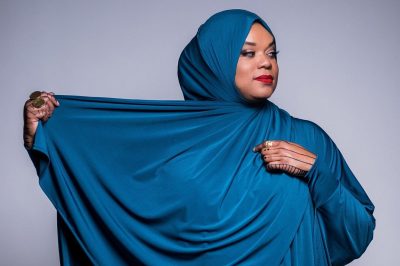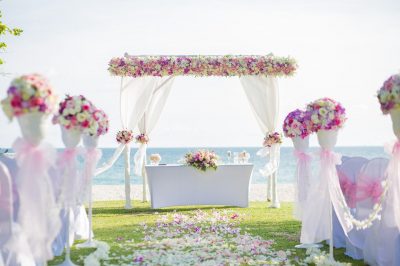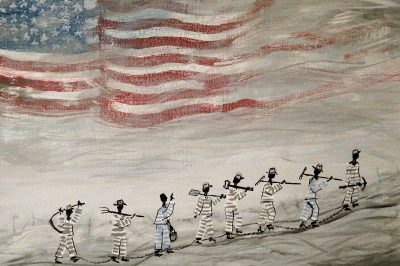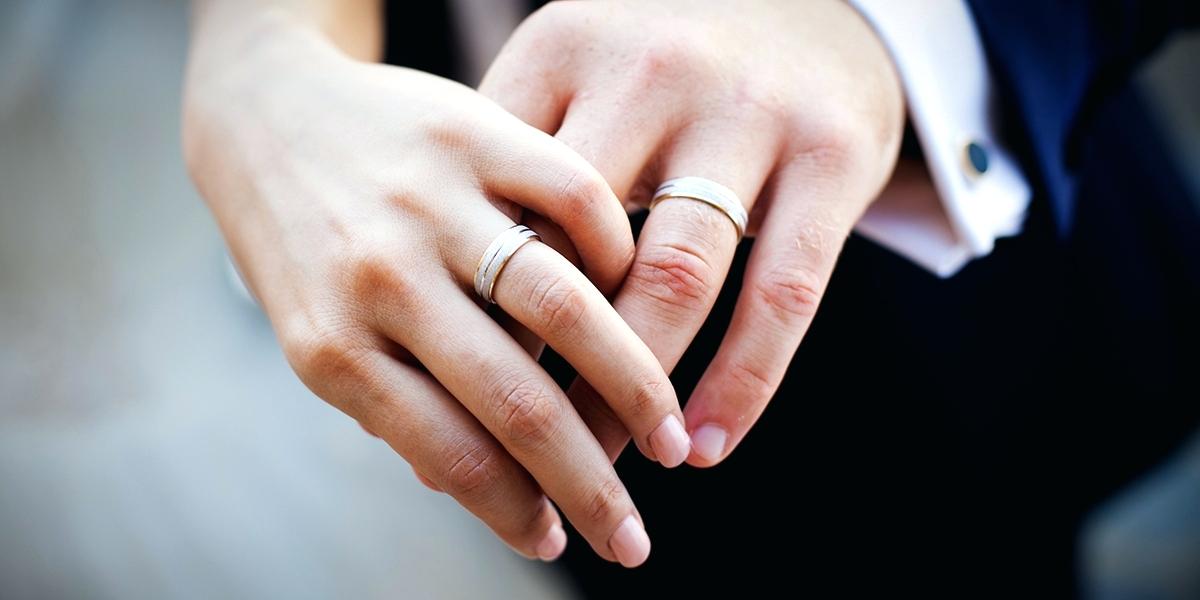Aminah’s Dilemma
What was so wrong with Aminah marrying Zaid? What was she supposed to do? Live with her parents for the rest of her life? It frustrated Aminah that her mother wouldn’t give up her obsession with Aminah marrying Abdur-Rahman, the son of a family friend.
On the phone, Aminah listened to Zaid talk about her beauty, and she was undoubtedly pleased… But as Zaid talked on and on about her white skin, Aminah became uncomfortable.
“Zaid, I’m black,” she said, realizing for the first time that he might not know she was African-American. Her race was often a source of confusion for others because of her white skin.
Zaid laughed. “You’re not black,” he said.
Aminah could hardly believe her ears. Why was he laughing at her? “Yes, I am,” she said. “I thought you knew that.”
“You’ll never be black to me.”
Aminah hung up the phone and hesitated before walking out the door. She really wanted to marry Zaid, but now she didn’t know what to think.
Was Zaid like the prejudiced person who saw it as a blessing to not have brown skin? If Aminah married him, would he expect her to rejoice in being spared her father’s genes?
Aminah abhorred the very thought. She was just as much a child of her father as she was of her mother. But her mother was white American, with blond hair and white skin, a personification of “American beauty.”
Was it coincidence or corruption that made Zaid, a Pakistani, desire that very thing?
We Shouldn’t Care What Color He Is?
In the excerpt from my novel Footsteps, the character Aminah finds herself in a dilemma. She wants to marry Zaid, the young man she’s attracted to, as opposed to the young man her mother wants for her. Then Aminah discovers underlying cultural differences between her and Zaid related to her ethnic background, and she becomes confused.
As a young woman descendent of African slaves brought forcefully to America centuries ago, Aminah is particularly sensitive to issues of skin color and believes that viewing white skin as superior to dark skin is indicative of racial prejudice and bigotry.
However, Zaid does not have the same outlook or sensitivity. He believes that dark skin is unattractive, and it doesn’t occur to him that his open admiration for Aminah’s white skin and his telling Aminah that she’ll never be black to him are not only deeply offensive but also incite difficult identity questions that cut at the very core of Aminah’s existence.
When Muslim youth of different cultural backgrounds become attracted to each other, there are typically at least two reactions from others. One is outright dismay, often on the part of family members and fellow cultural members who cannot fathom that one of “their own” would marry outside their ethnic group.
The other reaction is one of genuine happiness, as people see the intercultural relationship as a sign that racism and bigotry are being dismantled, as they were at the time of the Prophet, peace be upon him.
On the surface, the first reaction might seem unethical and the latter ideal. After all, the Prophet, peace be upon him, taught us that Muslims should marry for the sake of Allah and that a woman’s guardian should accept the proposal of any man whose character and religious commitment please him.
Today, in many religious circles many Muslims understand this to mean that parents should completely ignore “superficial” traits like someone’s skin color, nationality, or ethnic background when deciding on the best marriage partner for their daughter (or son).
However, while skin color, nationality, or ethnicity alone cannot be the sole reason that someone is rejected for marriage, a person’s religious commitment and character alone are not sufficient reasons to agree to marriage.
Personal and cultural compatibility also must be considered, especially since the marital relationship goes far beyond mere friendship and involves intimacy, raising children together, and building one’s entire life (and possibly the foundations of a community) with another person.
It is in this realm of compatibility that seemingly superficial traits like race, nationality, and ethnic heritage must be considered in the decision-making process even if these traits do not ultimately prove to be “deal breakers” for the man and woman.
In fact, it would be remarkably naïve and irresponsible for anyone involved in the decision-making process, whether the parents or the potential mates, to completely disregard the significance of these traits when discussing potential marriage partners.
Naturally, the impetus of the marriage decision must be based on what Allah and His Messenger told us to focus on: the person’s religious commitment and character.
However, by no means does this mean that Allah or the Prophet is asking us to enter ourselves or those under our guardianship into marriages that completely ignore our or their individual and cultural needs.
Therefore, it is our responsibility to carefully consider every possible personal trait or cultural circumstance that could significantly affect the man or woman’s future together.
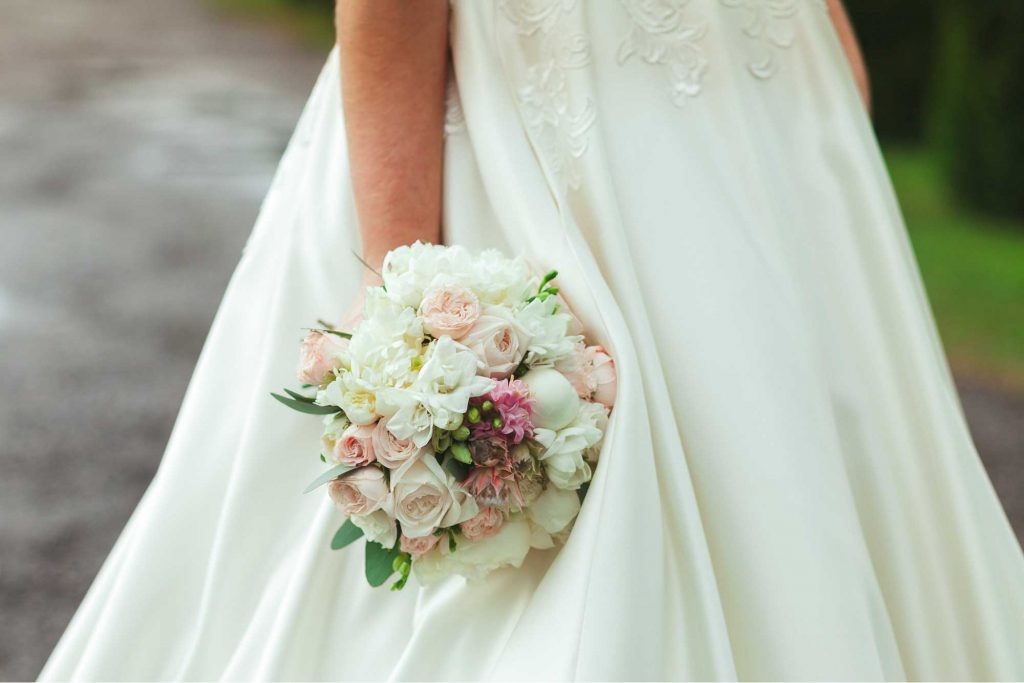
Marry for the Sake of Allah?
Like the character Aminah from the story Footsteps who is frustrated that her mother doesn’t want her to marry Zaid, many Muslim youth are frustrated that their parents won’t agree to let them marry who they want.
Oftentimes when these youth complain about their dilemmas, they openly accuse their parents of being closed-minded and racist.
And unfortunately, many Muslim parents are indeed more committed to superficial traits like skin color and identical ethnicities than they are to their children’s personal happiness, compatibility, and spiritual contentment in marriage.
In fact, many Muslim parents are more willing to marry their daughters and sons to men or women who do not even identify with Islam than they are to marry their children to righteous men and women of different racial or cultural backgrounds.
However, the sins of these parents cannot justify the other extreme: completely ignoring significant personal and cultural differences simply because we’re “in love” or find someone of a different race or background extremely attractive. Yes, we should marry “for the sake of Allah.”
But let’s not forget that part of marrying for the sake of Allah is honestly considering whether or not we can live with all that Allah has made apparent to us, and that includes everything from a person’s skin color to their personal and cultural patterns that are as much a part of them that our own are a part of us.
First published: March 2014

